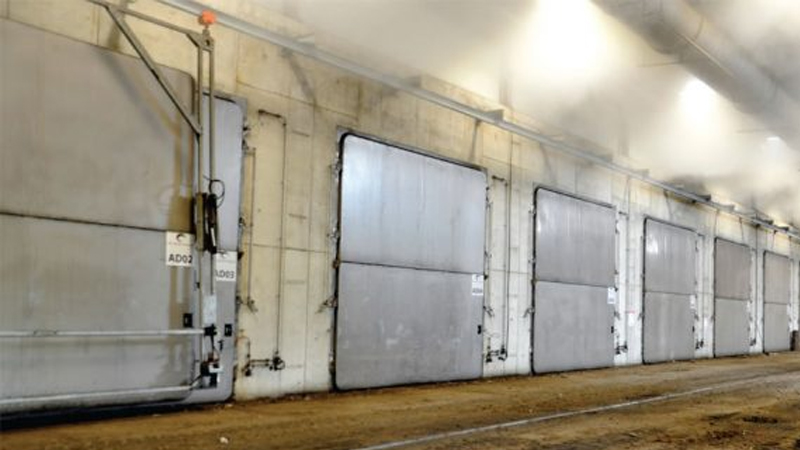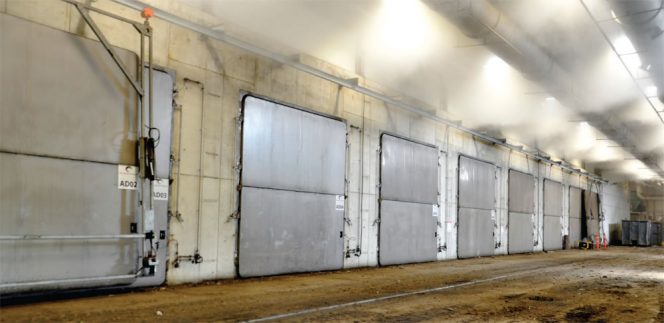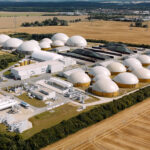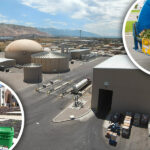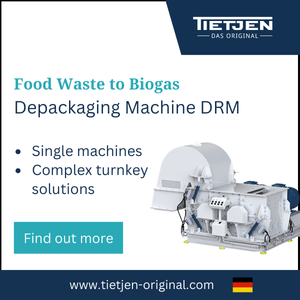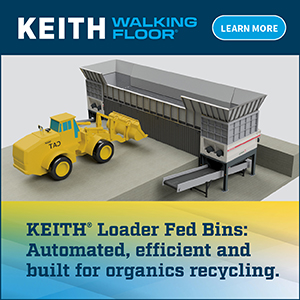FortisBC, a natural gas utility in British Columbia (BC), has a “30BY30” target to reduce its greenhouse gas emissions by 30 percent by 2030. Its plan, which will help the province of BC meet its climate action goals, includes supporting the growth of renewable natural gas (RNG) typically made from capturing the methane released from decomposing organic waste. FortisBC currently has five RNG suppliers, including the City of Surrey’s source separated organics anaerobic digestion/composting facility. Several more suppliers are in construction (Lulu Island Wastewater Facility) or either have received regulatory approval (Vancouver Landfill) or are awaiting approval to begin their projects.
A new source of RNG — not derived from organic waste decomposition — is syngas. In April, FortisBC announced it is teaming with REN Energy International Corporation (REN Energy) to procure RNG produced through gasification of waste from forestry operations, sawmills and other wood product manufacturers. The process creates syngas, which is further converted to methane and then purified to meet natural gas pipeline specifications. The production facility will be owned and operated by REN Energy and located near Fruitvale, BC. Utilizing wood waste will also assist the forestry industry with cleaning up bush residuals, thereby assisting in provincial forest fire mitigation.
The project has received regulatory approval from the British Columbia Utilities Commission and is expected to be in service in the summer of 2021. It is anticipated to produce over one million gigajoules of RNG annually, which would make it the largest source of RNG in BC to date.


